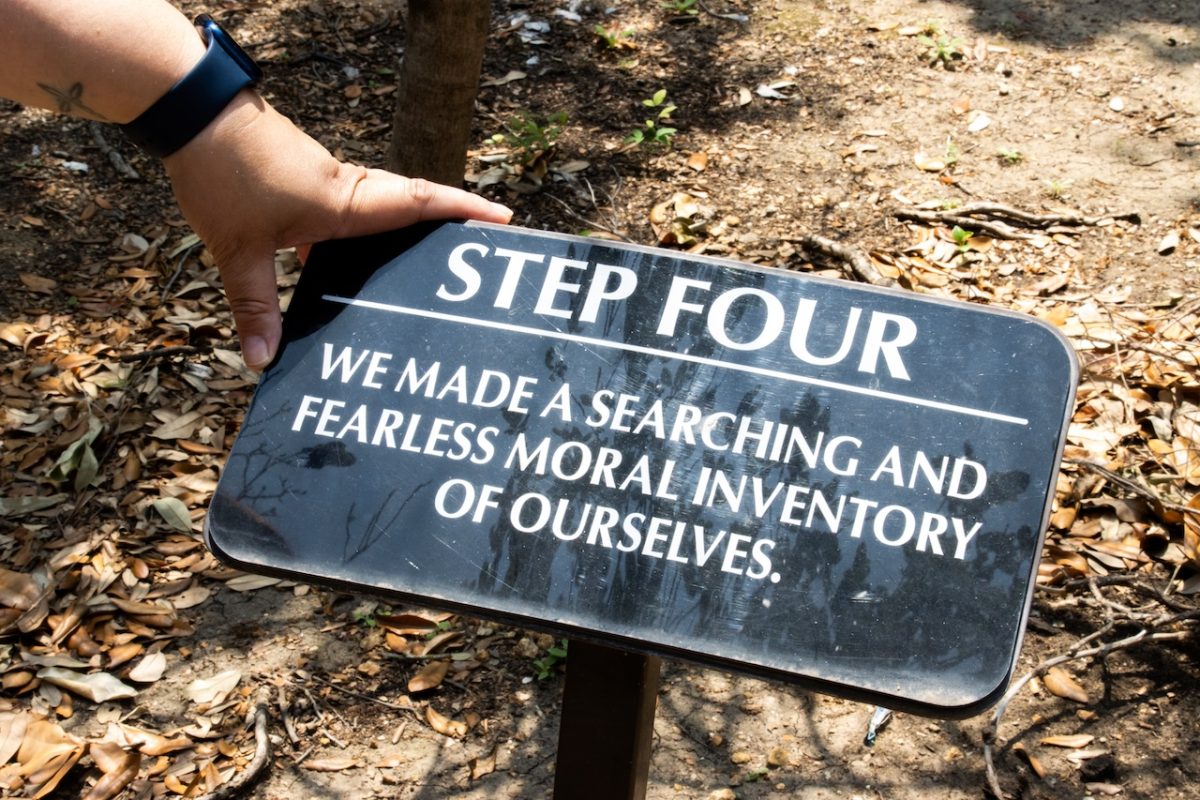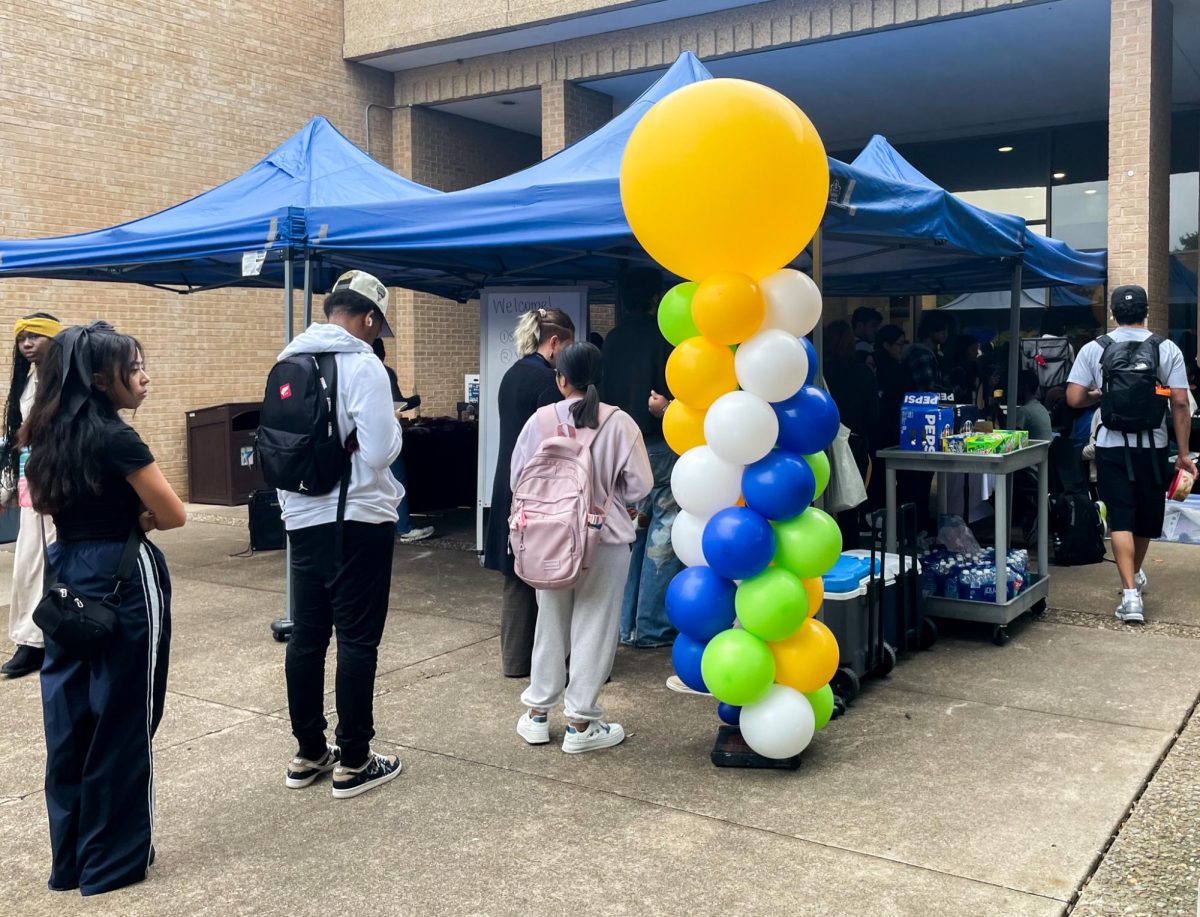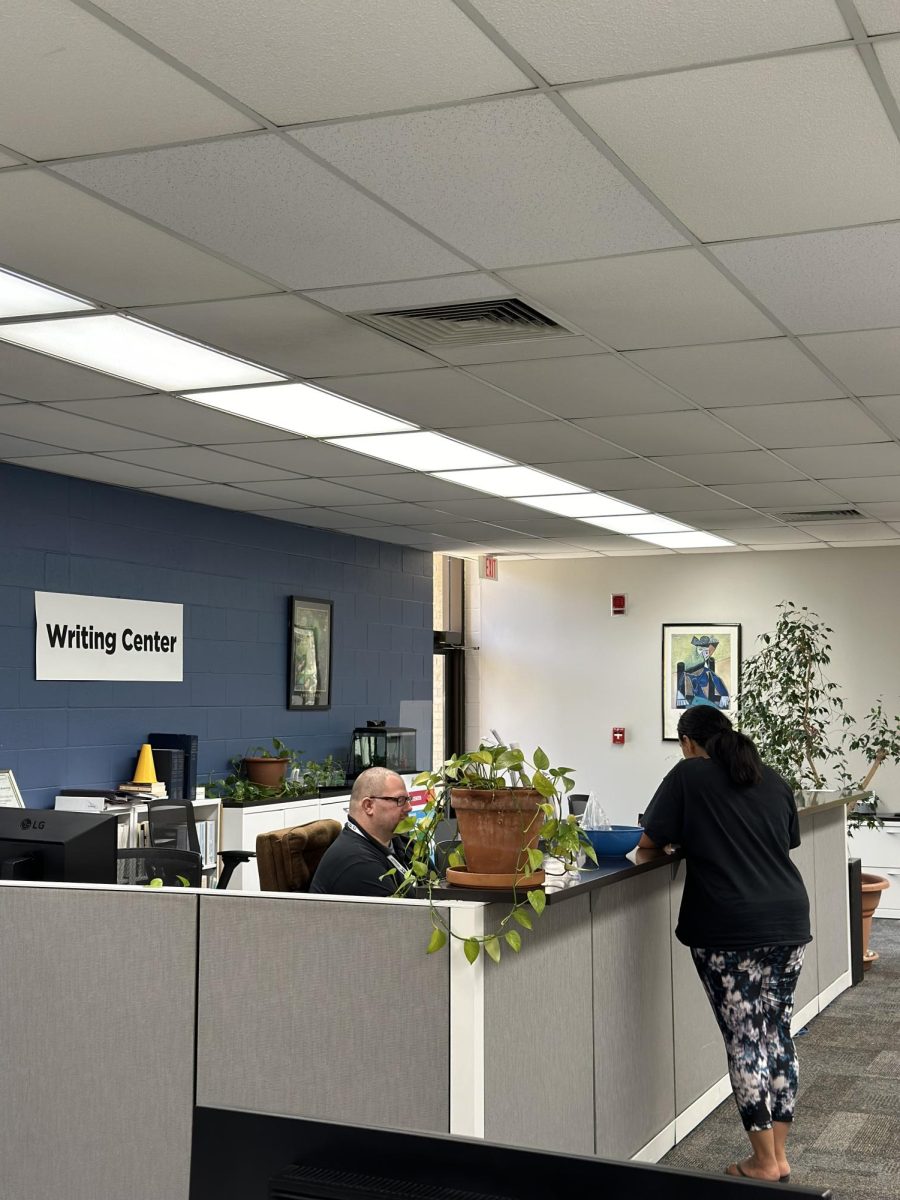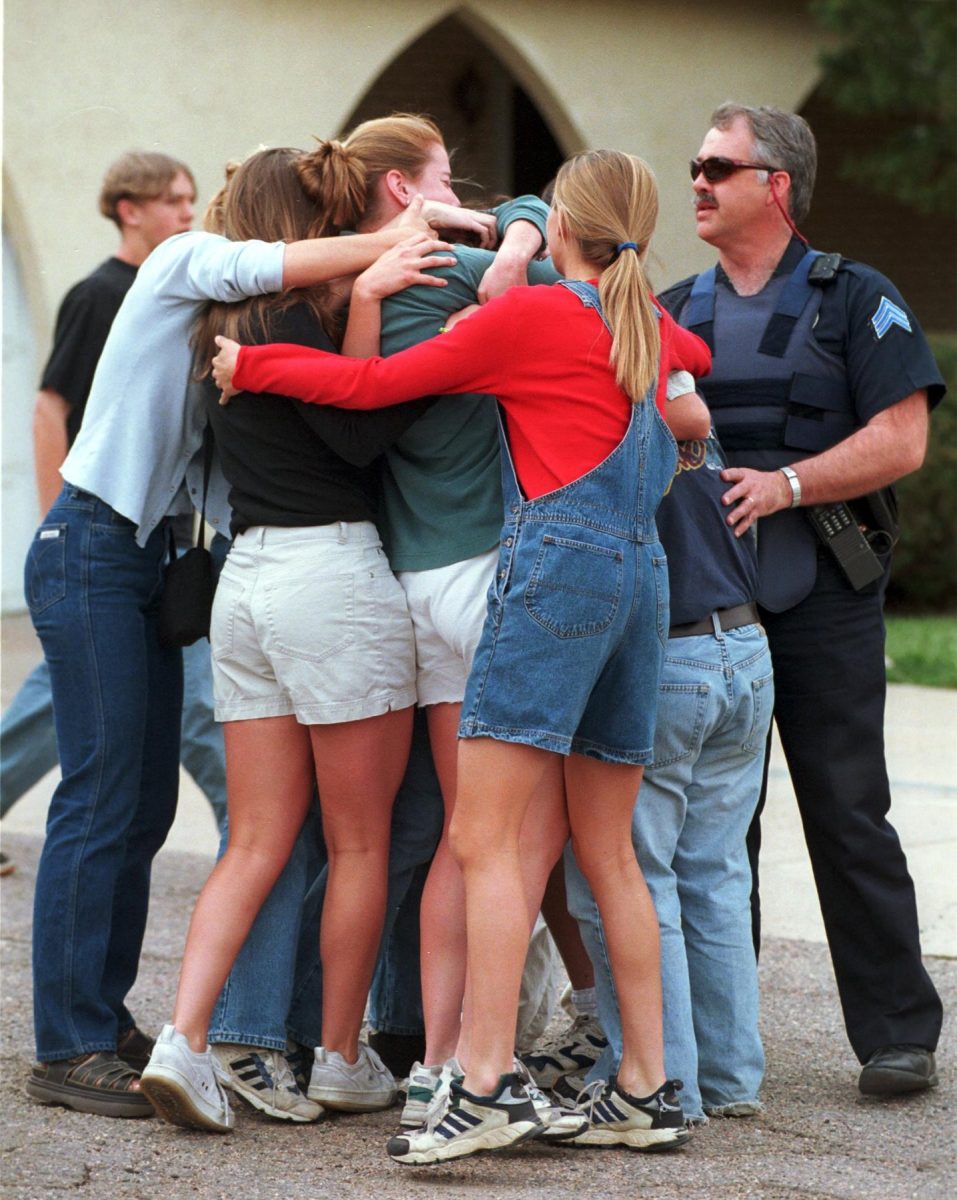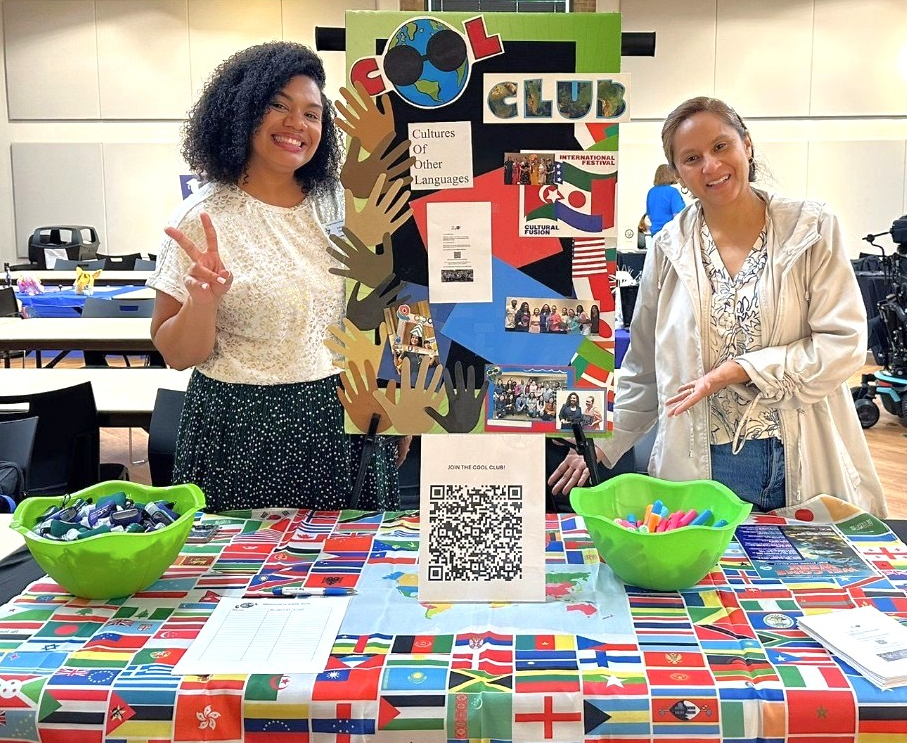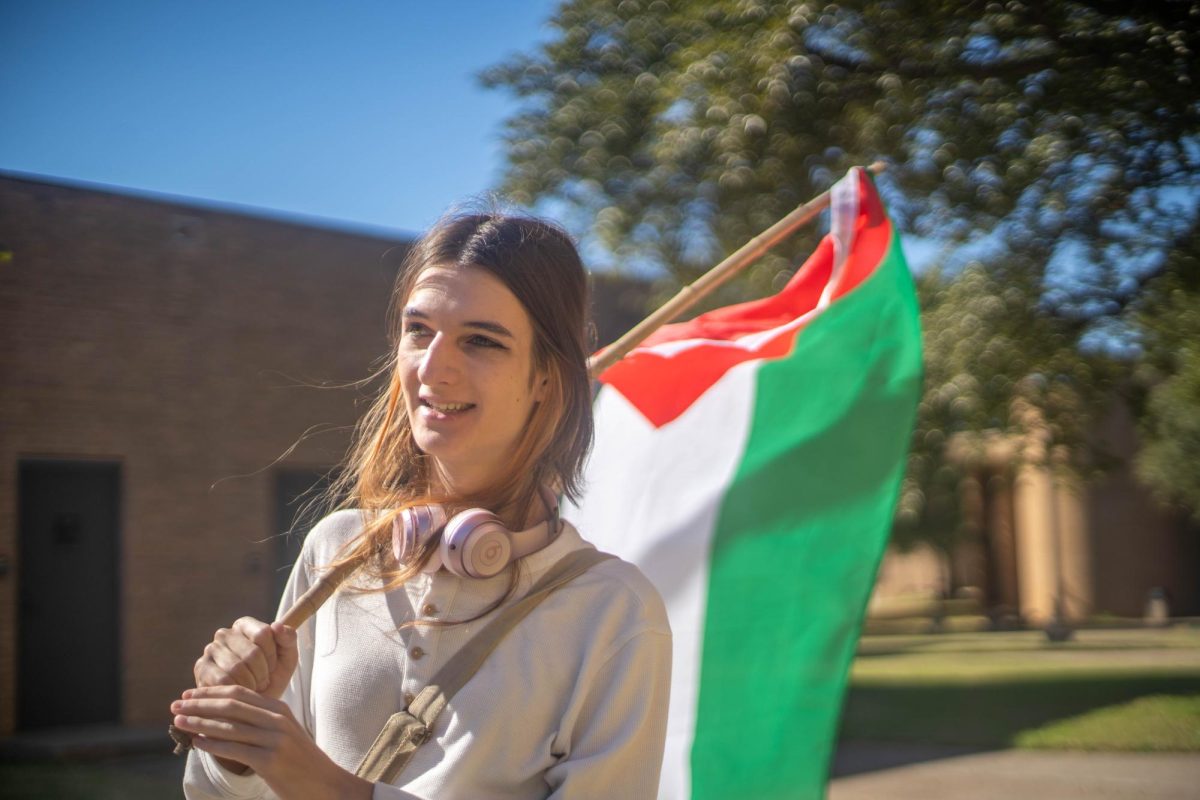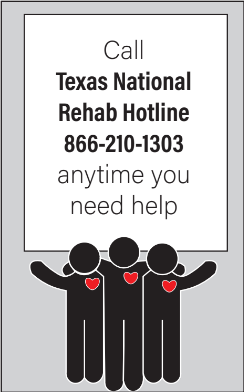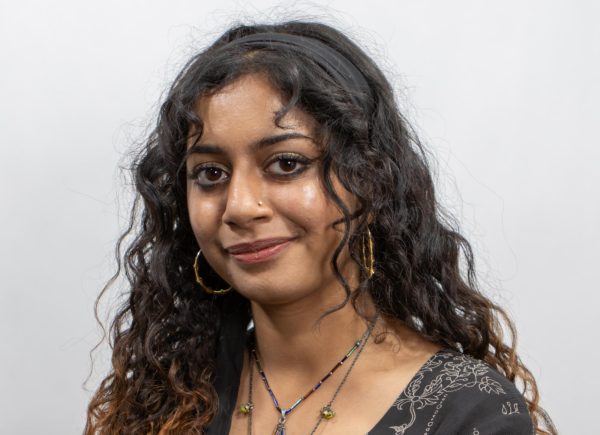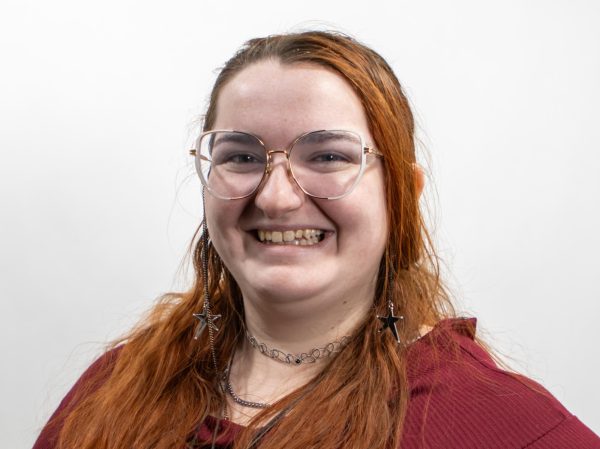Melinda Hinojosa spends her day at Greenhouse Treatment Center in Grand Prai- rie learning what it takes to guide clients to a successful recovery.
Each day differs but many begin with family calls that inform the client’s loved ones of their well-being. Then, Hinojosa spends time researching the topic she will be teaching a class on the following day. A licensed therapist accompanies her as she runs group therapy sessions and completes one-on- ones with clients for the rest of the day. Rinse and repeat.
Hinojosa is in recovery herself. She has been clean for almost four years. Her experience with recovery drew her into the field, telling her story to clients allowed her to connect to her work on a deeper level as she noticed the positive impact it had on them.
“That’s when it hit me,” Hinojosa said. “This is exactly where I’m supposed to be
and exactly what I’m supposed to be doing.”
Hinojosa is part of the Mental Health & Human Services practicum class on NE Campus, which she says can be both challenging and rewarding. As these students navigate applying their coursework to real-world situations, they begin to understand what they can offer to the world.
“I’ve been doing the practicum since January,” Hinojosa said. “I have seen a lot of people come and go. When people walk in they’re normally at their rock bottom. One of the most empowering moments is the day they’re leaving. You can see the color and the happiness in their face. They come in, they hug you and they’re like, ‘Thank you so much for everything.”
The last semester of the program is made up of two courses: Current Issues and the practicum. Each course is designed to prepare students for establishing a career in the field. The practicum course requires students to complete 300 hours at a rehabilitation site of choice. The Current Issues course allows students to debrief what happens at their practicum site.
Lauren Jerner, another practicum student, is also in recovery. She has struggled with substance abuse in the past and has been clean for six years.
“I just had a really hard life,” Jerner said. “My mom committed suicide when I was 9. She and my dad were both alcoholics. And then I grew up without a parental figure.”
When Jerner went to treatment she was inspired by the therapists there and chose to pursue a career in mental health. Today, she balances being a mother of two young children while getting her degree.
“I want to do this degree so I can give back and help people who are struggling like I was,” Jerner said.
Hinojosa said the program coursework guided her as she worked on-site. She was hesitant at first, but later gained confidence.
“I was extremely terrified to walk into a practicum because I just felt like I hadn’t learned anything,” Hinojosa said. “It’s nothing against teachers. That’s just how I felt. But once I got in there, and I started actually doing the work, I’d be like, ‘Oh my God, yes. Shindoll taught me this.’ ‘Oh, Professor Starr, I learned that from him.’ ‘Mr. Hunt, I got this from him too.”
Another practicum student, Christopher Mouton, said he grew up in a similar situation to the population he serves.
“I wish I’d had somebody who understood and was able to relate with me,” Mouton said. “I feel like that’s a call to help these people who don’t know where to get help or how to get help or how to ask.”
Nathan Starr, the faculty coordinator of the mental health program on NE Campus, said he is proud of his students.
“These are people who have dedicated their lives to this field,” Starr said. “Their major concern is not how much money they can make. Their major concern is how can I become the best clinician so that they can solve some of the problems that are so pervasive in our society. I think that’s the most honorable thing.”
He said that many students in the program have been affected by substance abuse issues themselves and use their experiences to help people.
“They have made a decision to turn their pain into their purpose,” Starr said. “That’s why I think the story is important because what they’re doing is remarkable. It’s purposeful and it’s life-changing.”
























